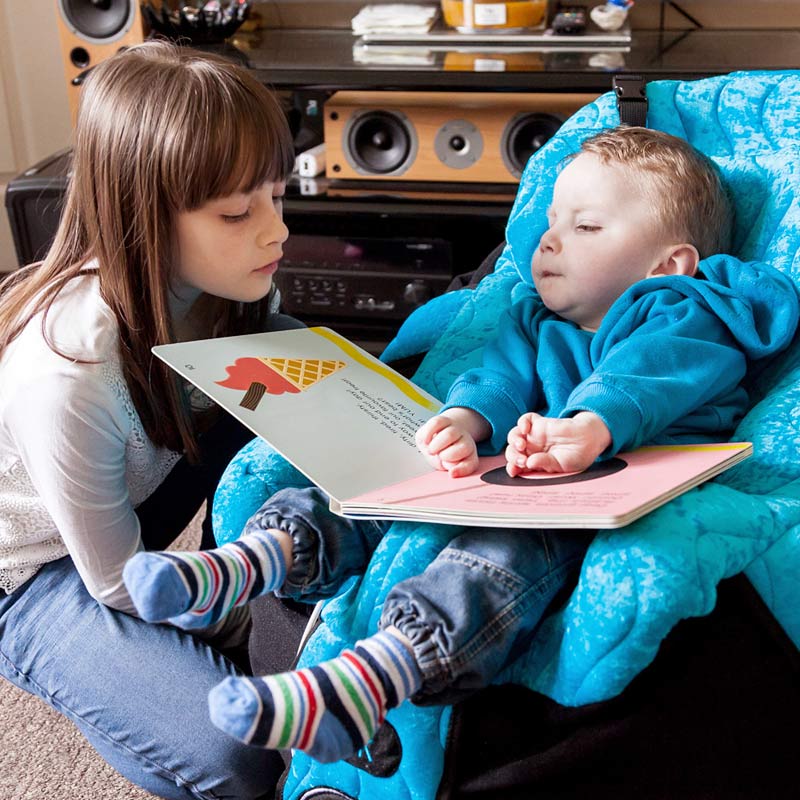Financial help from Scottish local authorities and others
6 mins read
Apart from benefits that are provided by the Department for Work and Pensions, HMRC or Social Security Scotland, families in Scotland may also be able to access some financial support from their local council and other services.
In this article
The Scottish Welfare Fund
The Scottish Welfare Fund provides grants to help low income families in Scotland. Anyone on a low income can apply – you don’t necessarily need to be on benefits. There are two types of grant:
Crisis Grants
These provide help with living costs such as food or heating in an emergency. For example, you can get a crisis grant if you are facing an emergency such as a fire or flood, or because you have lost your money or some other crisis.
Grants can also be awarded if you have taken over the care of a child and you’re waiting for their benefits to be transferred.
Community Care Grants
These are grants to help you or someone you care for pay for items needed to live a settled life in the community. For example, you may be awarded a grant to buy white goods such as a cooker or fridge.
It can be awarded where a child’s health is at risk, or if you’re a family under exceptional pressures. They are also awarded where help is needed to keep someone out of care or help them resettle in the community after a period in care.
Your chances of getting a Community Care grant will be reduced if you have savings of more than £700 (£1,200 if you have a state pension).
How do I apply for a grant?
In order to apply for a grant from the Scottish Welfare Fund, you need to contact your council.
If you are unhappy with a decision on your application, you can ask your council to review their decision. You should do this within 20 days. If you are not happy with the review decision, you can then ask the Scottish Public Services Ombudsman to look at the decision.
If I qualify for a grant will I receive this in cash?
Not necessarily. If you are awarded a crisis or community care grant, you may get cash. Instead, your council may provide you with the items you need. Some councils make payments using pre-paid cards or vouchers.
Help with Council Tax
There are three separate schemes offering help with council tax.
Two of these schemes, the council tax discount scheme and the disability reduction scheme, operate across the whole of Great Britain. (Council Tax only applies to England, Scotland and Wales. In Northern Ireland, people pay rates instead.)
The third scheme – the council tax reduction scheme – operates differently in Scotland as in England and Wales. Under this scheme, people on a low income who are liable to pay council tax can apply to their local council for help towards their council tax bill.
Discretionary Housing Payments
If you get help with rent costs from Universal Credit or Housing Benefit, but the amount doesn’t cover your full housing costs, you may be able to get some help to meet the shortfall from your local council. This is known as a Discretionary Housing Payment.
So for example you may wish to apply for a Discretionary Housing Payment if:
- Your benefit is reduced because of the bedroom tax or the benefit cap.
- You are a private tenant and the help you get with rent is being capped.
- Your benefit doesn’t cover your rent because money is being deducted because other adults live with you.
- You need help with a rent deposit or rent in advance.
- You need help with removal expenses.
Do I have a right to a Discretionary Housing Payment?
No. These payments are at the discretion of the local authority so you have no legal right to them. Whether you get a payment and if so, how much, is at the discretion of the local authority. Payments are also made for a temporary period so you may need to reapply for help periodically.
The Scottish Government has provided extra funding to councils so that they can use Discretionary Housing Payments to compensate people in social housing affected by the bedroom tax. If you’re affected by the bedroom tax and apply for a Discretionary Housing Payment, your local council is expected to give you one.
How do I apply for a Discretionary Housing Payment?
You need to apply via your local council. The way you do this will vary depending on your council’s own policy. You are likely to be asked for information about your household income and how much you spend every month.
Help with education costs
Visit our webpage on our help with education costs page for information on free school meals, school clothing grants and transport to school and college.
Help preparing for adulthood grants
The ILF Scotland Transition Fund
The ILF Scotland Transition Fund provides money, for up to a year, to help young disabled people to become more independent and spend time with other people.
It can be used for a wide range of things someone may not be able to do otherwise, including developing a new skill, joining a class or club, paying for lessons such as art or music, accessing a training course, or buying a piece of equipment.
The ILF are currently only accepting first-time applications.
Find out more about the Transition Fund.
ILF Scotland Technology Grant
The Technology Grant is an initiative designed to help combat digital isolation for young people. If your child is aged 16-25, has a disability or impairment and live in Scotland, they can apply for the Technology Grant.
Applicants can pick one of two pieces of technology to help them get online:
- A10.2-inch Apple iPad tablet computer.
- A Microsoft Surface Go 3 tablet, with keyboard and stylus.
People who apply for the Technology Grant can also apply for the ILF Scotland Transition Fund.
Find out more about the ILF Scotland Technology Grant.
Related information

Contact Scotland
Our team in Scotland is here to support you and your family.
Read more
Online grants search
On this page you can use the Turn2Us grants search tool.
Read moreMoney Matters Scotland
Read moreGrants & financial help schemes
Grants, loans, savings & welfare assistance schemes
Financial help from Scottish local authorities